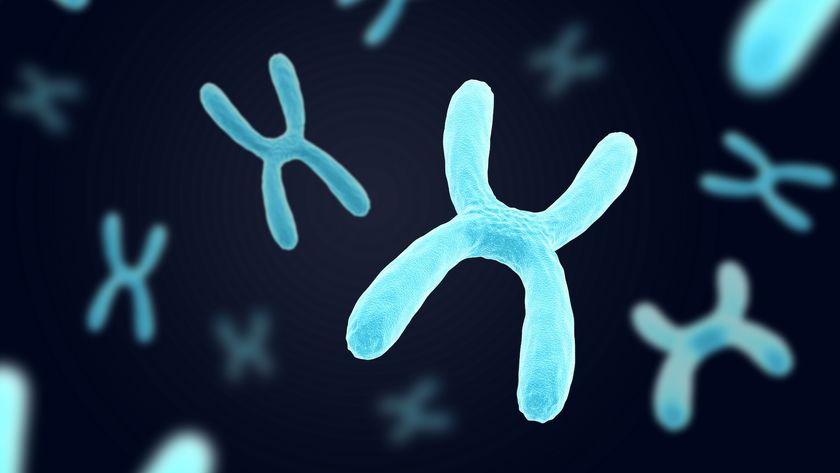Dogs Sniff Out Early-Stage Human Cancer
Ovarian cancer is often deadly because it is typically diagnosed only in late stages.
A new study suggests dogs could help doctors sniff out the disease earlier.
Scientists have shown previously that dogs seem able to sniff out cancer. A 2004 study in the British Medical Journal found dogs could detect bladder cancer by sniffing human urine. And in a small study in 2006 reported in the journal Integrative Cancer Therapies, dogs were trained to identify lung or breast cancer.
In the new study, researchers trained dogs to distinguish different types and grades of ovarian cancer, including borderline tumors. Turns out the odor of ovarian cancer does seem to differ from those of other gynecological malignancies, such as cervical or endometrial cancers.
Importantly, early-stage and low-grade ovarian cancers emit the same scent as advanced tumors.
"Our study strongly suggests that the most common ovarian carcinomas are characterized by a single specific odor detectable by trained dogs," write the authors in the June issue of Integrative Cancer Therapies. "And while we do not believe that dogs should be used in clinical practice, because they may be influenced during their work, leading to changes in the accuracy rates, still, under controlled circumstances, they may be used in experiments to further explore this very interesting new property of malignancies."
Dogs have many times more smell-sensitive cells in their noses compared to humans. They can of course sniff out bombs, drugs and even buried corpses. In fact, animals have many amazing abilities to sense things that humans cannot.
Sign up for the Live Science daily newsletter now
Get the world’s most fascinating discoveries delivered straight to your inbox.
The work was led by Dr. György Horvath from the University Hospital in Göteborg, Sweden, with help from the Working Dog Clubs in Sweden and Hungary.
"I believe there is great value in this study, which adds to the growing body of research suggesting the diagnostic skills of these specially trained dogs," said Dr. Keith I. Block, editor-in-chief of the journal. "Their ability to detect specific odors associated with chemicals related to malignancy should eventually lead to effective methods and tools for very early detection, and thus a greater proportion of cancer cures."
Ovarian cancer is three times as deadly as breast cancer. Separately, researchers at Yale School of Medicine announced in February a new blood test that detects ovarian cancer with 99 percent accuracy. That ongoing research is in clinical trials now.
- Video: Starving Out Cancer
- Video: Birth Control and Disease
- Dogs Get Cancer, Too
Robert is an independent health and science journalist and writer based in Phoenix, Arizona. He is a former editor-in-chief of Live Science with over 20 years of experience as a reporter and editor. He has worked on websites such as Space.com and Tom's Guide, and is a contributor on Medium, covering how we age and how to optimize the mind and body through time. He has a journalism degree from Humboldt State University in California.












